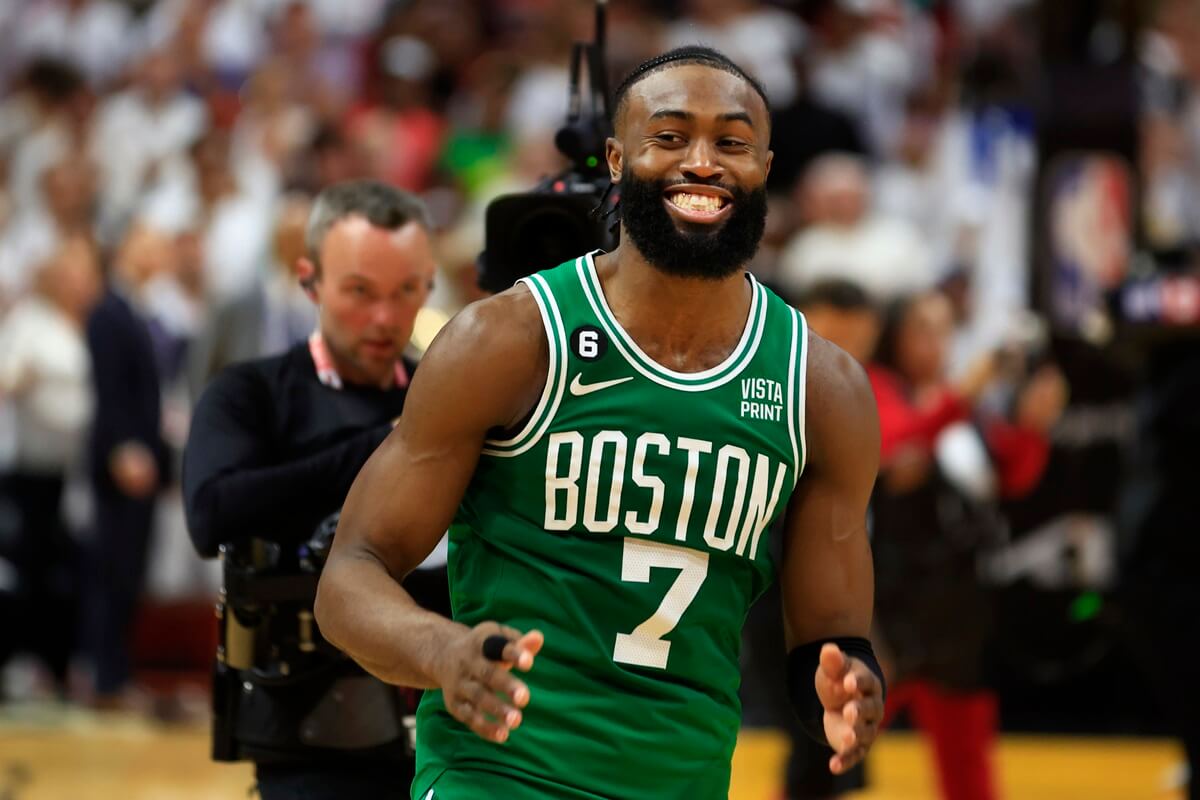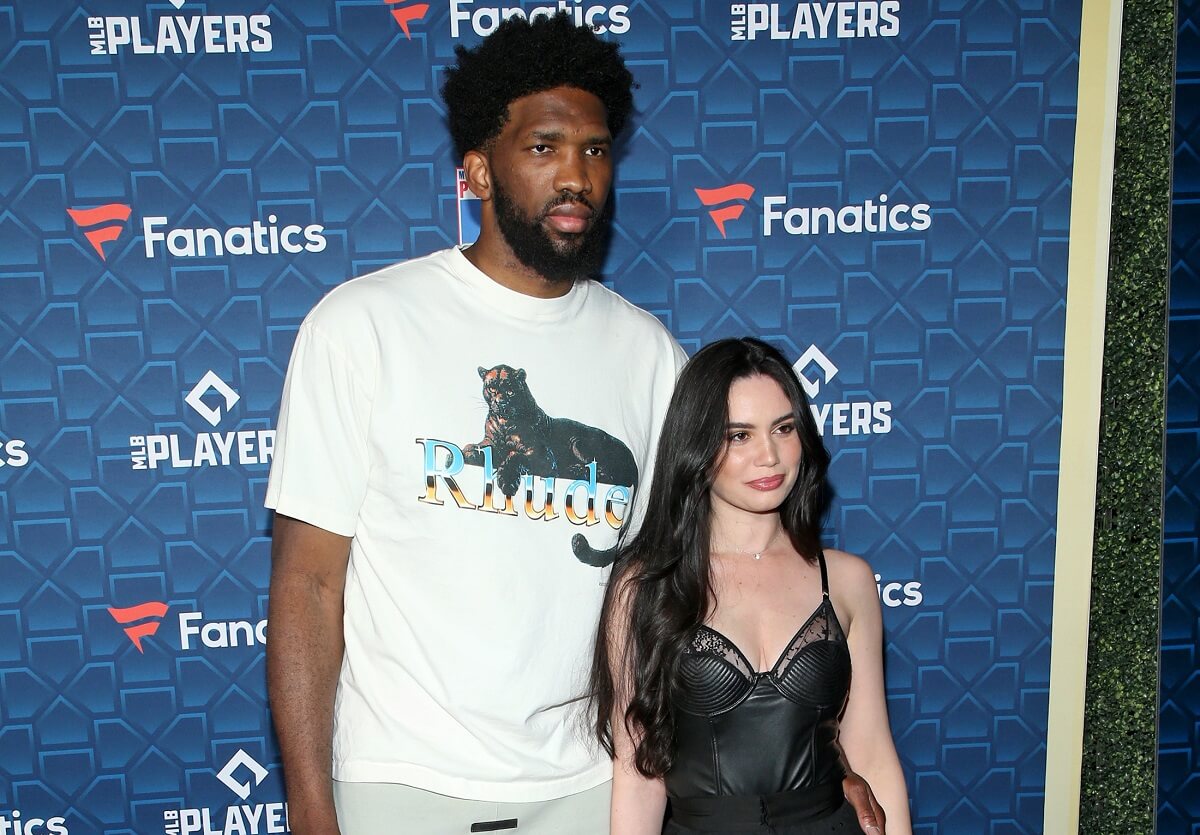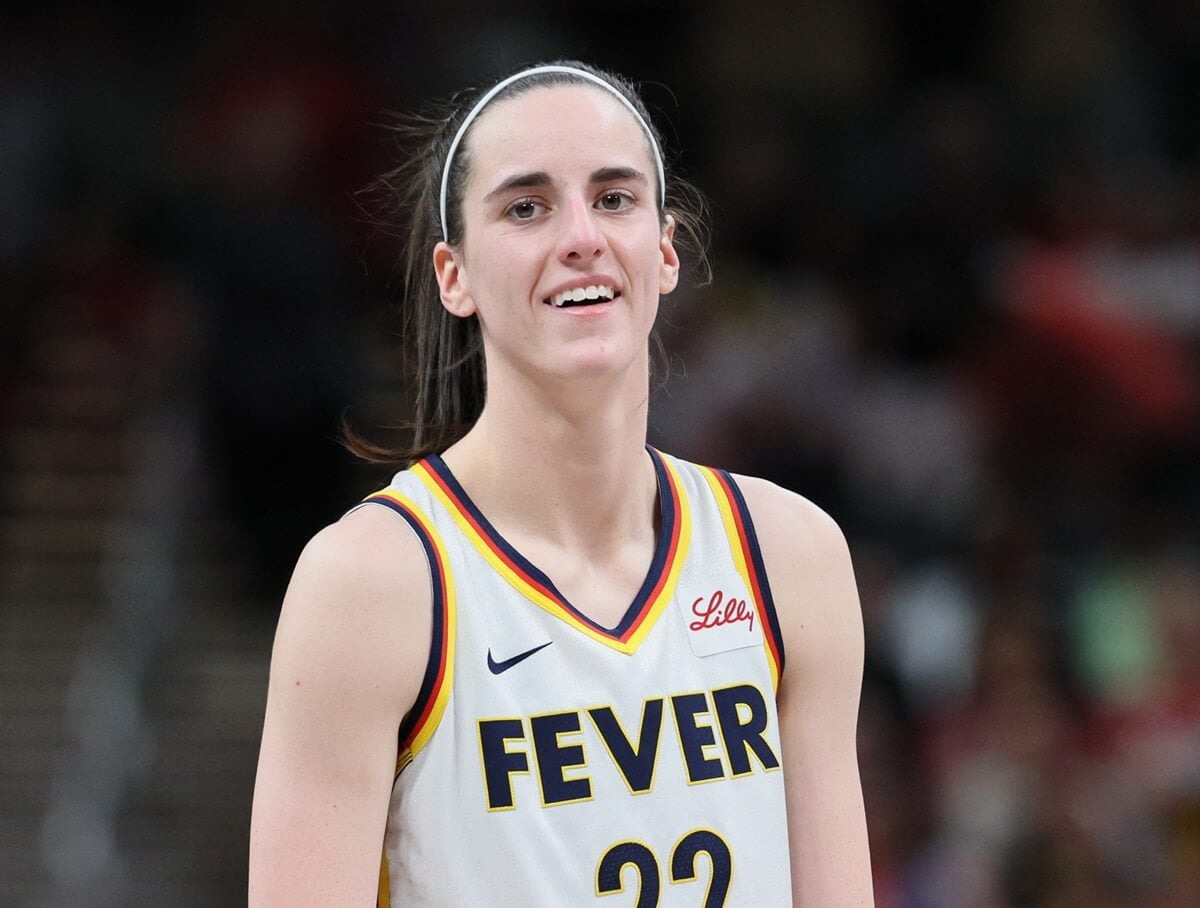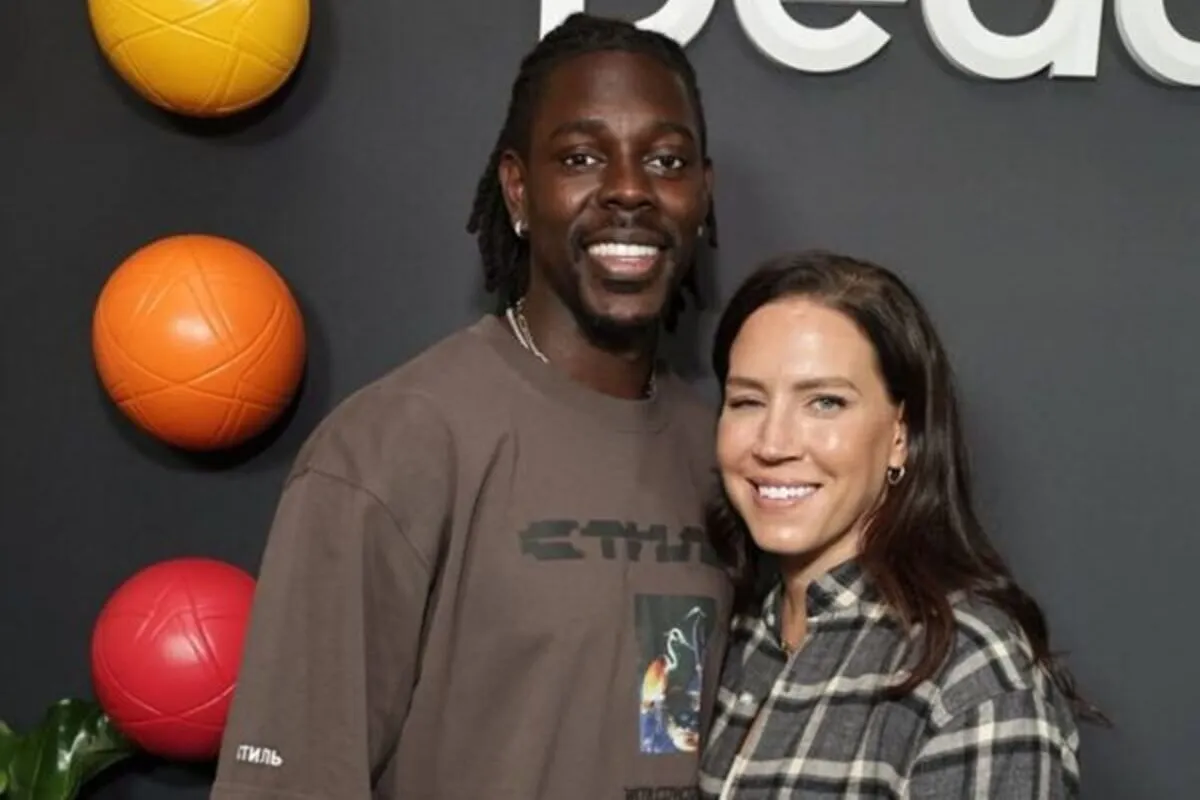
How Much Younger Is Jrue Holiday Than His Wife Lauren Holiday?
Boston Celtics guard Jure Holiday has been in the NBA since 2009 and has been with his wife Lauren Holiday, who is also an accomplished athlete, just as long.
After years of dating, Jrue are Lauren tied the knot in 2013 while she was still a professional soccer player. Lauren was a star midfielder on the U.S. women’s soccer team and retired from the sport in 2015 as a two-time Olympic gold medalist and FIFA Women’s World Cup champion.
Here are a few things you probably did not know about Mr. and Mrs. Holiday including what their age difference is.
How much older is Lauren than Jrue?
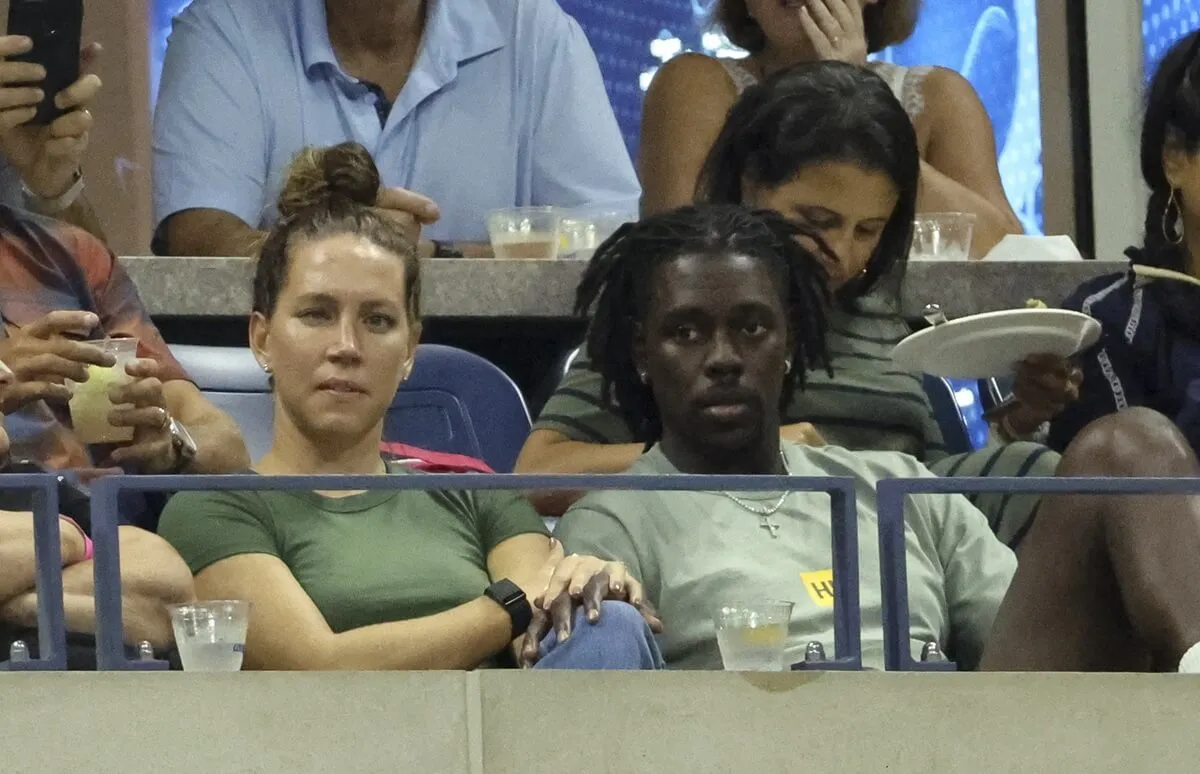
Lauren was born in Indianapolis on Sept. 30, 1987, while Jrue was born in Los Angeles on June 12, 1990, making him two years and eight months younger than his wife.
The pair crossed paths in 2008 when they were both student athletes at UCLA. Jrue previously spoke to ESPN about how they met and joked about Lauren being older.
The NBA player explained that during his freshman year at the school he was at a women’s basketball game when an autograph seeker mistook him for his teammate Darren Collison. Lauren happened to be seated nearby and after hearing that, she said to Jrue: “Don’t worry, you’re cuter than Darren is.”
“She was really cute. That was the first thing that stood out to me and she was older than me, which was cool,” Jrue recalled. “I was a freshman, and I think she was a junior. At the time we were both with other people. But we did become friends, and months later, after I got drafted, we started dating.”
They’ve been together ever since, share two children, and have founded a non-profit close to their hearts.
The couple founded the Jrue & Lauren Holiday Social Impact Fund
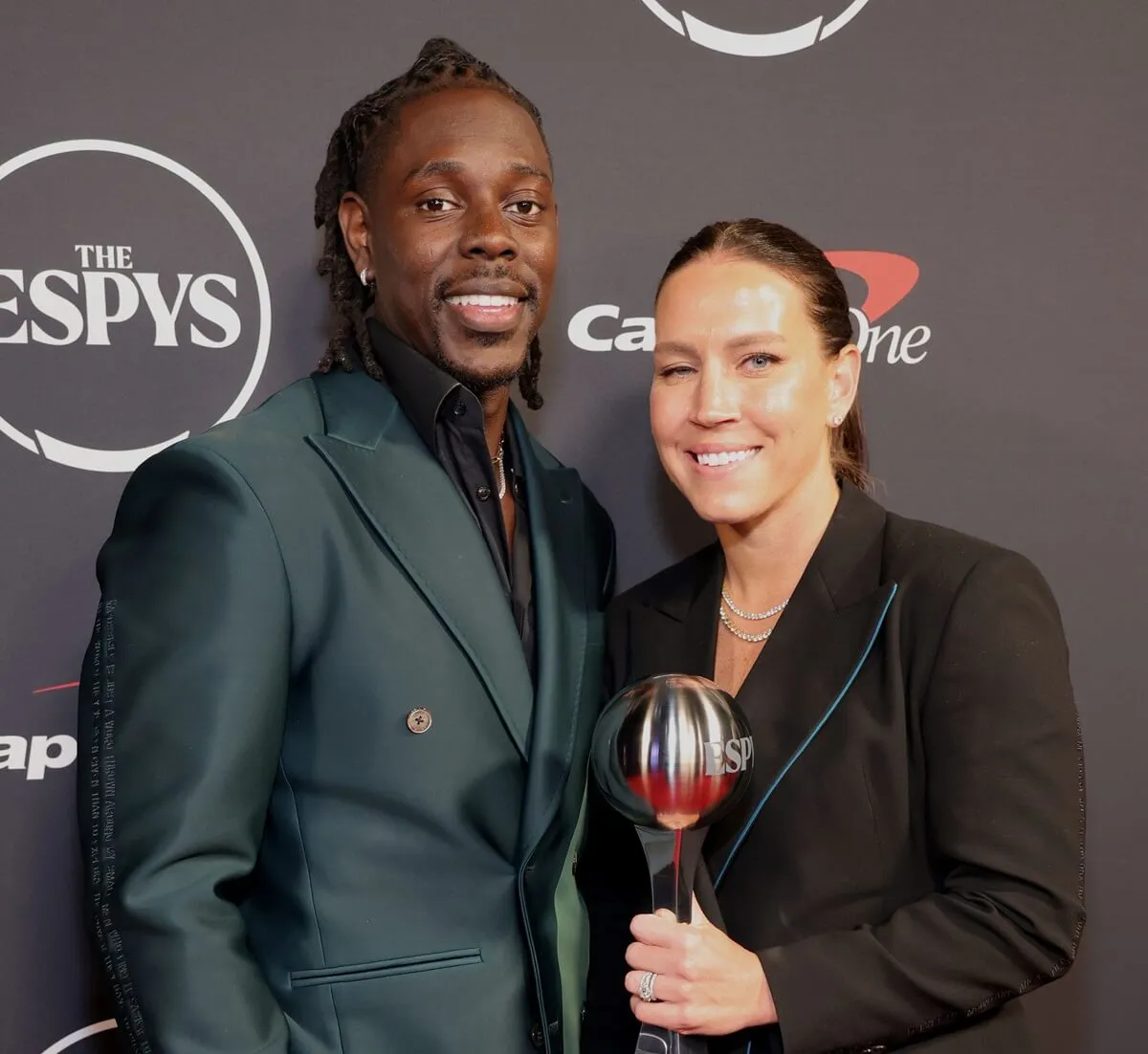
In July 2020, when he was still a member of the New Orleans Pelicans, Jrue announced that he was donating his remaining salary for that season to launch JLH Social Impact Fund.
On Instagram, Jrue wrote: “I have pledged the remainder of my 2020 NBA salary as a progressive step toward combating systemic racism as well as social and economic inequality that continues to prevent Black communities from upward mobility. These funds will go to Black-led nonprofits, programs, and institutions of higher learning in the cities of New Orleans, LA, Compton, and Indianapolis, as well as to Black-owned small businesses in 10 cities that have been devastated by the impact of COVID-19.”
He later told ESPN: “Honestly when it came down to it, it was me and my wife talking about what we could do to kind of further this movement and progression and being able to help out our community and just being able to help.”
